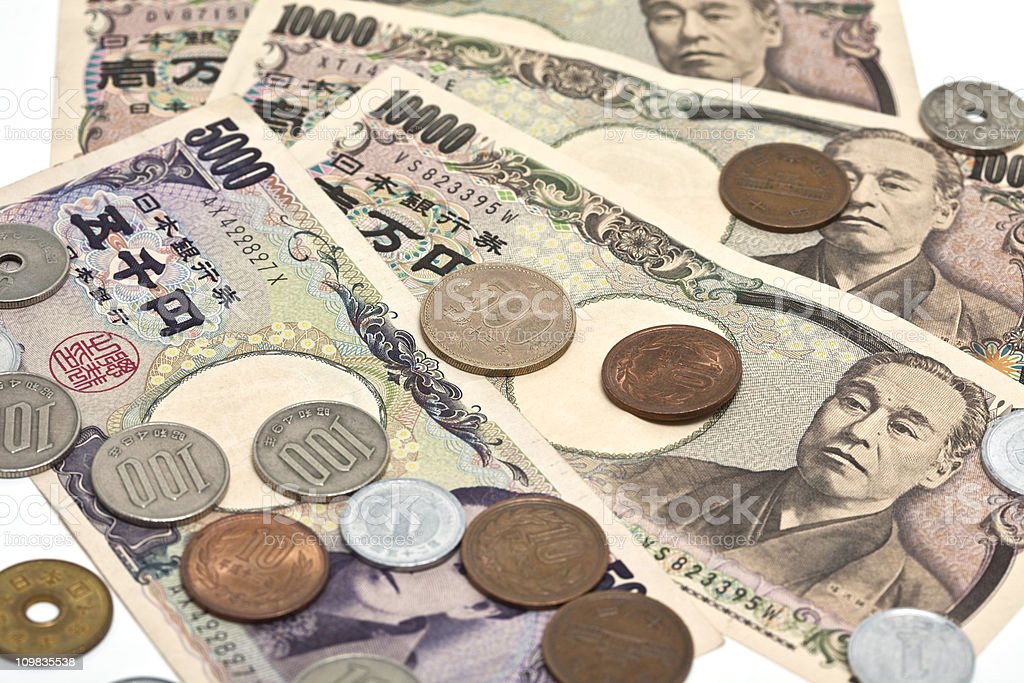Breaking: Central Bank Of Japan Sets Record With Negative Rate
OpenLife Nigeria has gathered that Japan’s Central Bank has Set a record to be world’s only central bank with negative rate.
This followed the decision by Haruhiko Kuroda, the bank’s governor, to maintain its ultraloose monetary policy, as it continues to buck the global tightening trend, following the U.S. Federal Reserve’s sharp interest rate increase overnight.
After a two-day policy meeting, the BOJ’s board on Thursday, as expected, decided to keep its monetary policy unchanged. Under its “yield-curve control policy,” the bank can purchase Japanese government bonds without limit to guide 10-year government bond yields to zero and short-term rates to minus 0.1%.
“Some market players girded for a very small chance of the BOJ taking action against the yen weakness. It did nothing, however,” said Hideo Kumano, chief economist at Dai-ichi Life Research Institute.
Kumano pointed out that the BOJ just added one short sentence to its policy statement: “It is necessary to pay due attention to developments in financial and foreign exchange markets and their impact on Japan’s economic activity and prices.”
The BOJ will continue its daily unlimited fixed rate operations at 0.25% as the central bank continues to counter skepticism about its ability to maintain rigid interest rate controls in the face of elevated global inflation.
The Japanese yen hit a new 24-year low of 145 against the dollar after the decision. This prompted Masato Kanda, Japan’s top currency diplomat, to say authorities were “standing by” to intervene if necessary.
“We are ready to take action anytime,” said Kanda, Japan’s vice finance minister for international affairs, after the yen crossed 145. “We cannot tolerate excess volatility and disorderly currency moves.”
The Fed on Wednesday raised its benchmark rate 75 basis points to 3%-3.25%, the highest level in 14 years. New projections by Fed officials showed that most of them expect the policy rate to rise to 4%-4.5% by the end of the year.
Later Thursday, the Swiss National Bank is expected to raise its policy rate from minus 0.25%, ending its negative rate policy. With the European Central Bank having already ended its negative rate policy in July, the BOJ is set to be the only major central bank with a negative benchmark rate.
The BOJ decided to extend by six months through the end of March 2023 an emergency COVID funding facility that provides one-year interest-free liquidity to banks for small business loans. The facility was launched in March 2020.
But the BOJ retained also its easing bias in its “forward guidance,” the likely future direction of its monetary policy. The Japanese central bank retained the wording that it “will not hesitate to take additional easing measures if necessary,” and, “It expects short- and long-term policy interest rates to remain at their present or lower levels.”
Without any action from the BOJ, the responsibility of dealing with the impact of high inflation and the weak yen falls on the shoulders of Prime Minister Fumio Kishida.
On Tuesday, his government approved emergency relief measures worth 3.5 trillion yen ($24 billion) and will compile a more comprehensive stimulus package next month.
“The BOJ maybe doesn’t want to upstage the government in terms of its inflation response,” Kumano, the economist, said.
Haruhiko Kuroda, the bank’s governor, has said the ultra-easy policy is necessary to maintain momentum toward its 2% inflation target.
In August, Japan’s headline consumer inflation stood at 2.8%, exceeding the BOJ’s target for a fifth straight month. But when volatile food and energy prices are stripped out, inflation stood at 1.6%, which the central bank considers insufficient for achieving sustained inflation.
Source: Nikkei






